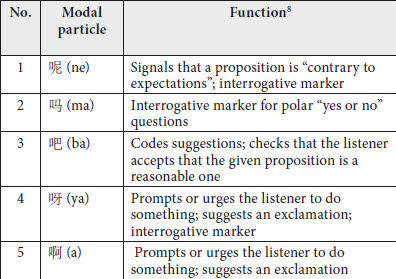Before arriving at Wesleyan University, most of the dialogue regarding culture I had been a part of had been between me and other people who shared a similar background to mine. Upstate New York is not known for its diversity, which held true for my town. This limited my opportunity for dialogue with people with perspectives vastly different than mine.
Upon arrival on campus, I was immediately thrust into an environment where almost every interaction I had included culturally introspective dialogue. My roommate was an international student from the Philippines. As we spent the majority of the semester in our room, one defined by quarantine, online classes, and social distancing, we got to know each other by quickly discovering our differences, and more slowly discovering our similarities. Growing up in a small, tightly knit community, I had always had shared experiences with those around me. When talking with my new roommate, I would subconsciously assume certain things about his culture and that he knew certain things about mine. From family structure to sports to schooling, it quickly became apparent we grew up in vastly different environments. However, as the semester progressed, this space between our experiences allowed for some fantastic discussion and discovery. Our shared interest in learning about each other and respecting our differences enabled us by the end of the semester to have a close friend on campus.
This relationship, built on cultural dialogue and inquiry, was largely why I sought out the Global Engagement Minor at Wesleyan. After our discussion last Friday, I can see how GEM will provide a space for like-minded people to communicate. When talking with my group in class, it became apparent that we all came from very different positions globally. Rather than make assumptions, our group started by introducing ourselves the way others usually perceive us. This was a tricky question because the way others perceive me does not negatively affect my life, unlike other members of my group whose everyday lives encountered assumptions about who they were based solely on their looks or accent. Hearing their experiences made me realize that although I don’t receive assumptions about who I am based on how I look, I do receive assumptions about where I am from. When I tell people I am from New York, they automatically assume that I am from New York City, and with this comes a temporary identity of who I know on campus and which private school I went to. When I correct their assumption and tell them I am from upstate New York, suddenly a picture of Buffalo or a farm in the middle of nowhere pops into their head. A common theme in my group was that everyone was ok with people asking questions about their culture or background, but the problem lies within the assumptions often tied to the questions. This aspect is the most challenging aspect of inquiry for me at the moment; asking complex questions with sensitive answers and not reaching broad conclusions based on the responses.
Intercultural praxis is incredibly important for dialogue with others who are not from the same cultural background as you. However, it can be implemented in almost any setting, be it a conversation between domestic students or communicating through a language barrier. With a strong knowledge of intercultural praxis, one can become a more informed and understanding individual. The consequences of not understanding intercultural praxis are cultural ignorance, assumption, or even alienating the person you’re trying to converse with. Learning how to communicate and connect with others in a way where personal opinions can be shared without fear of repercussion is essential when learning about other cultures from those who live in them.
Building an environment where intercultural praxis can be used and flourish is not an easy task. At first, the conversation can feel awkward or like walking on eggshells. The critical point to remember is that your perspective of the positioning and culture you grew up around is your own. It is important to be vulnerable when discussing yourself and share information necessary to continue the conversation. I am still very new to intercultural praxis and have plenty of room to grow until I become competent at intercultural praxis. Everyone starts at a different stage because some have had more opportunities than others to practice. Still, it is never too late to learn, and it is invaluable to have a meaningful conversation about our experiences.



